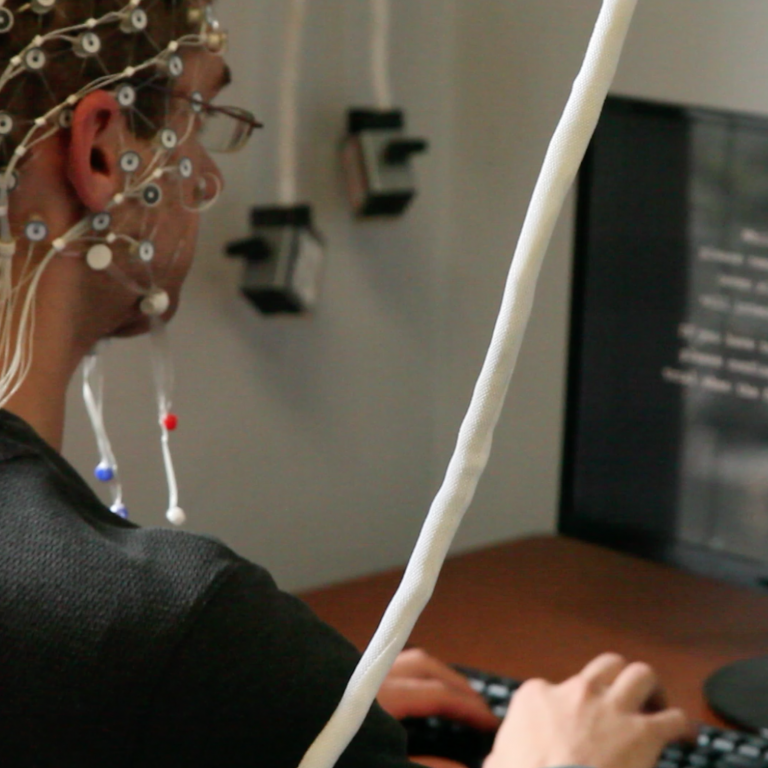Center for Practical Wisdom
What are the philosophical origins of wisdom? Why is it important for leaders to be wise? How can the ancient value of wisdom be incorporated into the modern era? In their newest textbook, The Psychology of Wisdom: An Introduction, editors and wisdom researchers Dr. Robert Sternberg and Dr. Judith Glück answer these questions through a pedagogical exploration of wisdom from a psychological perspective. It provides students and established professionals a comprehensive, psychological account of the foundations, theories, and impact of wisdom. According to Dr. Glück, “The new textbook has the purpose of educating students of psychology (and other fields) about wisdom, but our hope is that it may also help educate them towards wisdom.”
Although humans search far and wide for answers to the perplexing phenomena of the world, the book acknowledges that the accumulation of intellect can fail to find a righteous purpose without an appropriate guide. If a researcher discovers the cure for a deadly disease yet reserves it only for those who can provide excessive financial compensation, the scientist lacks moral substance, an attribute necessary for wisdom. Without wisdom, all the intelligence and creativity will be insufficient at solving the world's problems (Sternberg & Glück, 2022). The editors’ argue simply harnessing universal truths can not spark direct change in today’s society and individual behavior. In particular, Dr. Sternberg examines the individuals of today’s times and remarks, “The main takeaway is that the tragedy of the commons is coming for all of us. We are already paying a price. What kinds of beings would be so unconcerned about their children and grandchildren that they would bequeath to them a world like we are leaving for them? There is a way to do better--it is to teach for wisdom before it is too late.” Becoming wise and redirecting one’s intelligence to ensure a common good, Sternberg advises, is the best way to guarantee a flourishing future for mankind.
The Psychology of Wisdom: An Introduction investigates the various definitions of wisdom, its vital relationship to the individual, and its needed role in the public atmosphere. Within its 15 chapters, leading experts present their specialized studies on wisdom. Dr. Sternberg and Dr. Glück equate wise individuals with people who make a positive and meaningful difference to others, whether family or community. Dr. Jason Swartwood identifies three distinct aspects of wisdom: epistemic humility, practical wisdom, and theoretical wisdom. Dr. Ute Kunzmann’s chapter highlights the imperative nature of emotional reactions in fulfilling long-term objectives. Dr. Barry Schwartz and Dr. Kenneth E. Sharpe frame the virtuous lives of specific professionals (nurses, lawyers, and teachers) in a noble light as they maintain selfless characteristics while living accomplished lives. Dr. Don Ambrose proposes policymakers and persons of power integrate wise decision-making to resolve worldwide crises. Along with these, other chapters written by Dr. Monika Ardelt, Dr. Igor Grossmann, Dr. Nic. M. Weststrate, and others, delve into topics ranging from folk conceptions of wisdom around the world, applications of situational and dispositional wisdom, and wisdom’s relationship to wellbeing.
With its variety of scholarly input and well-crafted research, The Psychology of Wisdom: An Introduction becomes the only available textbook analyzing wisdom through a psychological view. The editors anticipate that students and scholars who read the book discover the wisdom within themselves and strengthen it even further. Dr. Sternberg and Dr. Glück agree, “Learning what wisdom is and what factors contribute to it may help people identify sources of wisdom in their own lives.” The Psychology of Wisdom: An Introduction contains topics such as cognitive science, human development, psychology, and ethics, but even readers with limited experience in these themes will find the acquisition of wisdom a worthwhile pursuit.
Click on the citation to review the coursebook:
Sternberg, R. J., & Glück, J. (Eds.). (2022). The Psychology of Wisdom: An Introduction. Cambridge University Press.



